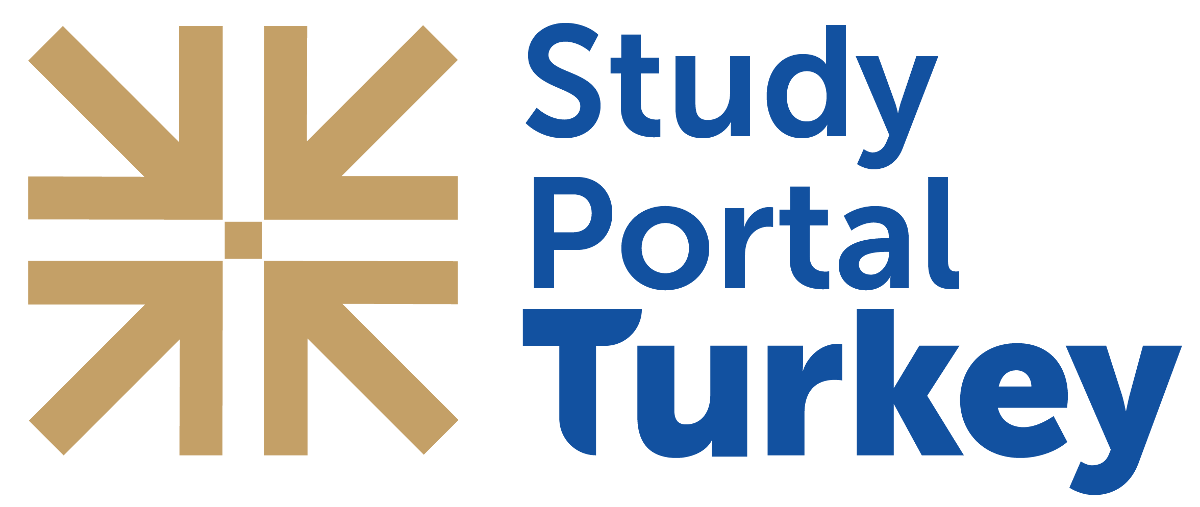-
Is Turkish Prep Year Mandatory for All Students?
One of the first questions international students ask when considering universities in Turkey is whether attending a Turkish language preparatory year, known as the “Preparatory Year,” is required. The answer depends on the language of instruction of the chosen academic program. If a student enrolls in a degree program fully taught in Turkish and lacks adequate proficiency, the preparatory year becomes mandatory. However, for programs conducted in English or another foreign language, the Turkish prep year is usually optional, though sometimes encouraged to ease daily life in Turkey.
In other words, not all students are obligated to take the prep year, but it often serves as a valuable foundation for those who plan to stay in Turkey long-term. Especially for students in Turkish-medium programs, demonstrating language competence is essential for academic success and active participation in lectures, exams, and projects. Universities usually determine a student’s need for the Preparatory Year through placement tests administered before the academic year begins.

2. What to Expect from the Prep Year Curriculum
The Turkish prep year is designed to provide students with intensive language training to prepare them for academic coursework in Turkish. Classes typically focus on grammar, reading comprehension, writing, speaking, and listening. Students are placed in beginner, intermediate, or advanced groups based on their placement test results. For example, a student who shows partial proficiency might begin in an intermediate-level class and progress faster through the program.
Courses are taught by instructors specialized in teaching Turkish as a foreign language. Interactive activities, multimedia resources, and real-life practice are often used to create an engaging learning environment. Also, many universities integrate cultural orientation sessions into the curriculum to help students adapt to local life more easily. These might include workshops on Turkish customs, academic etiquette, and even field trips.
3. How to Pass the Turkish Proficiency Exam
To begin their undergraduate or graduate studies in Turkish, students must first pass the Turkish proficiency exam offered at the end of the prep year. This exam assesses the four core language skills: reading, writing, listening, and speaking. Some institutions design their own exam formats, while others follow standardized frameworks like CEFR (Common European Framework of Reference for Languages).
Preparation for this exam requires consistent effort throughout the year. Attending classes regularly, engaging in group discussions, and completing assignments are crucial. Also, practicing outside the classroom by watching Turkish television shows, reading local newspapers, and having conversations with native speakers can significantly improve fluency.
For example, many students find it helpful to join language exchange programs or hire private tutors for personalized guidance. Another useful tip is reviewing previous exam samples or mock tests to become familiar with the structure and time constraints. Universities often provide additional support like consultation hours or language labs where students can receive targeted help.
Additionally, managing stress and maintaining motivation are key factors. Language learning is a gradual process, and progress may feel slow at times. However, staying consistent and confident can make a noticeable difference by the end of the academic year.

4. Cultural and Academic Benefits of the Prep Year
Although the primary goal of the prep year is to teach Turkish, the benefits go beyond language acquisition. Students get a chance to adjust to the Turkish academic system, which might differ from their home country in terms of teaching style, grading, and expectations. Also, they become more comfortable with the local environment, making it easier to navigate social situations, administrative tasks, and daily life.
Participating in the Preparatory Year helps students develop soft skills such as communication, time management, and adaptability. These skills are not only useful during university studies but also essential for future careers. In other words, the prep year provides a comprehensive foundation for both academic and personal success in Turkey.
Many students build lifelong friendships during this year, connecting with classmates from different countries and backgrounds. The shared experience of learning a new language and culture creates a unique bond, turning the prep year into a memorable chapter of the student journey.
Conclusion
Because the Turkish language prep year serves as both a linguistic and cultural bridge, it plays a critical role in the academic and social integration of international students. By understanding its structure, requirements, and benefits, students can make informed decisions and approach the year with confidence.
As a result, completing the prep year successfully not only opens the door to higher education in Turkey but also equips students with the tools they need to thrive in a new academic and cultural setting.

